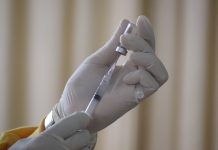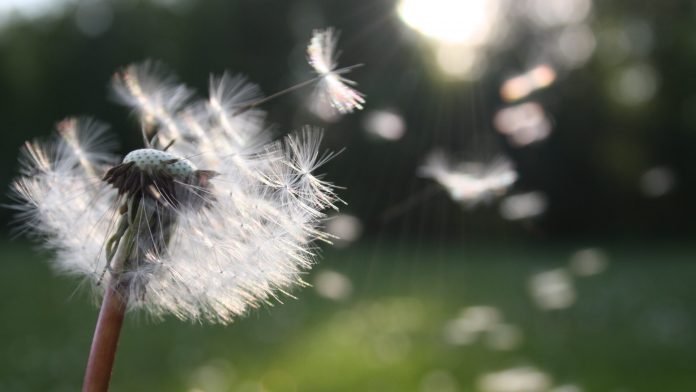The good news is you don’t need to jump straight to nasal sprays and antihistamines when pollen and allergens are in the air.
Here are some tips to avoid triggering your hay fever symptoms this spring:
At home
- When the pollen count is high, keep windows and doors closed at home.
- Do your dusting with a damp cloth, rather than a dry one, to better collect the dust and stop any pollen from being spread around.
- Avoid fresh flowers if that’s the cause of your symptoms. Consider planting a low-allergen garden around your home and remove any weeds or trees if you are sensitive to them.
- Keep pets out of the house when your symptoms flare up. If your pet does come inside, wash them regularly to remove any allergens from their fur.
- Don’t smoke or let other people smoke in your house. Smoking and breathing in other people’s smoke will irritate the lining of your nose, eyes, throat and airways, and can make your symptoms worse.
On the move
- Keep the windows up and consider buying a pollen filter for air vents and use recirculating air-conditioning in the car.
- If your trigger is grass, avoid mowing, playing or walking in grassy areas, and camping. If you have to do so, wear a mask or take a non-drowsy antihistamine.
- Try not to go outside until after midday, especially when the pollen count is high, it’s windy or after thunderstorms. You can check today’s pollen count on Weatherzone (www.weatherzone.com.au), or the pollen forecast
Clothes
- Change your clothes and take a shower after being outdoors to remove the pollen on your body.
- If possible, avoid drying clothes outside. This will help prevent bringing pollen into your house.
- Wear wraparound sunglasses to stop pollen getting into your eyes when you are outdoors. Rinse your eyes when you get home.
At work
- If your hay fever is due to allergens in your workplace, you should advise your employer of this fact so that you can work together to reduce your exposure.
- Not sure if it’s hay fever or something more serious? Take this quick symptom check and advice and information about what to do next.
For more information about hay fever:
Causes | Symptoms | Diagnosis | Treatments | Antihistamines | Symptom Checker



































